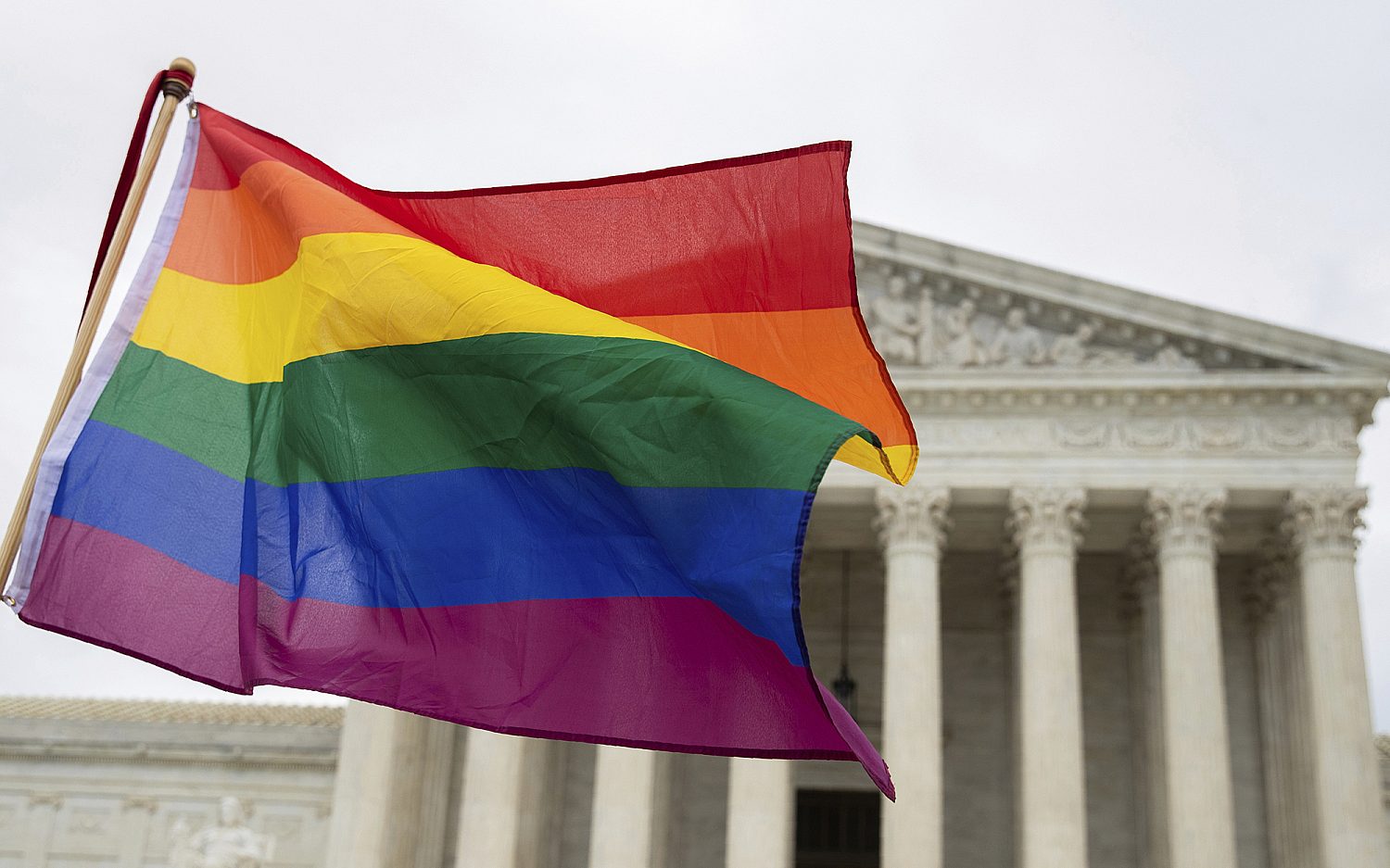Far from battle, drone pilots still feel stress of war
Drone operators can track enemy targets for weeks, analyzing the carnage unleashed by their missile strikes for hours afterward during long shifts. Then they drive home to have dinner with their families or play soccer with the kids. Mental health experts believe that unusual, jarring shift may be contributing to emotional stress among crews of remotely piloted aircraft.
“Pilots of manned aircraft come in, drop bombs, and go back, and someone else does the damage assessment,” said Nancy Cooke, an Arizona State University professor who looks at technology’s impact on psychology. “Drone operators actually see the results of what they’ve done. So when people say this is just a video game, nothing could be further from the truth for them. They see the body parts.”
The unique sources of stress experienced by drone crews make them just as susceptible to mental health issues such as anxiety, depression, and Post Traumatic Stress Disorder (PTSD) as traditional pilots, according to a study published last year by the Armed Forces Health Surveillance Center.
The study analyzed the health records of 709 drone pilots and 5,256 traditional pilots from 2003 to 2011. It found drone pilots experienced mental health problems at the same rate as pilots of manned aircraft in Iraq and Afghanistan during that time period.
Researchers also found pilots of both manned and unmanned aircraft had lower rates of mental health problems than other Air Force personnel. Dr. Jean Lin Otto, an epidemiologist and study co-author, suggested in a 2013 interview with The New York Times, that her study might have underestimated problems among both manned and unmanned aircraft pilots, who may feel pressure not to report mental health symptoms to doctors out of fear they will be grounded.
Fox News reported in August on another recent study of about 1,000 drone operators who completed questionnaires listing 17 symptoms of PTSD, such as recurring nightmares and trouble sleeping. The researchers found no substantive differences between symptoms of PTSD in drone operators and other military personnel. Drone operators who had worked for 25 months or more and those working 51 or more hours weekly were more likely to experience PTSD symptoms than operators who had worked for less time or fewer hours per week.
Brandon Bryant still suffers from insomnia, depression and nightmares three years after his five-year tour manning cameras for drone pilots at Air Force bases in Nevada and New Mexico.
“I would go to sleep and dream about work, the mission, and continuously see the people I’d watched on the screen earlier now in my own head repeatedly being killed,” he said.
Bryant, 28, who has been diagnosed with post-traumatic stress disorder by the Veterans Administration, added that he felt alone, shunned by the military’s drone community for speaking out.
The Associated Press contributed to this report.
An actual newsletter worth subscribing to instead of just a collection of links. —Adam
Sign up to receive The Sift email newsletter each weekday morning for the latest headlines from WORLD’s breaking news team.




Please wait while we load the latest comments...
Comments
Please register, subscribe, or log in to comment on this article.